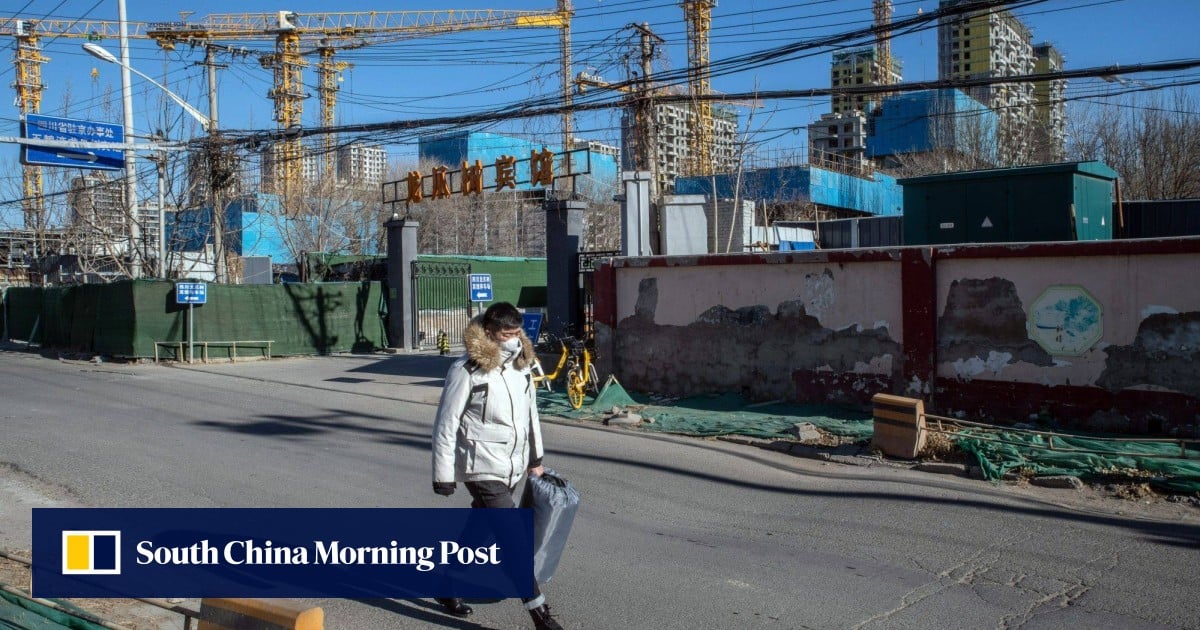
05 Feb China property: Sunac, Country Garden projects among property developments added to local governments’ ‘whitelists’, to get financial support from banks

While Beijing-based Sunac had 90 projects cleared for loan applications on Monday, Shanghai-based developers Shimao and CIFI had 16 and 18 projects, respectively, added to whitelists over the past week, according to local media reports.
Country Garden, once the mainland’s largest private property developer by sales, said over the weekend that more than 30 of its projects in the country’s eastern and southern provinces have been added to local governments’ whitelists.
“[Inclusion in the] whitelist will help to ease financial pressure on our part, promote housing delivery, allow us to better capitalise on our assets and enhance the projects’ sustainability,” Country Garden said in a statement. Shimao, CIFI and Sunac did not respond to requests for comment.
The whitelists, launched by the housing ministry at the start of the year, ask provincial governments to recommend to banks local residential projects that are deemed financially sound and fit for further loan support.
Growing number of mainlanders would rent homes rather than buy in downturn: analysts
Growing number of mainlanders would rent homes rather than buy in downturn: analysts
“The whitelist screening criteria are based on projects instead of developers themselves,” said Elaine Xu, director of Asia-Pacific financial institutions at Fitch Ratings.
The whitelists stipulate that a project applying for funds needs to be under construction. If the project has been put on hold for a while, the developer needs to demonstrate that it can resume construction and complete the project when funds are made available. Collateral that matches the amount of financing must also be in place, according to an internal memo seen by the Post.
The whitelists also require developers to come up with a schedule for completion of projects, while a main bank will be appointed to closely supervise the project funds.
Evergrande unit Fengtao’s assets go unsold at auction for a third time in weeks
Evergrande unit Fengtao’s assets go unsold at auction for a third time in weeks
“We believe our rated banks will continue to prioritise lending to projects with long-term commercial viability, and those with adequate proceeds and cash flow to cover interest and principal payments in the longer term,” Xu said.
As of last week, 11 provincial and municipal governments had unveiled whitelists containing some 1,775 projects requiring more than 370 billion yuan (US$52 billion) in financing, according to local media reports.
Chongqing in western China and Nanning in the southern Guangxi autonomous region were among the first cities to respond to the call, providing whitelists last week that contained 314 and 107 projects, respectively.
Major Chinese cities ease home-buying curbs as policy support gathers pace
Major Chinese cities ease home-buying curbs as policy support gathers pace
“In response to the regulatory call for more equal funding access between state-owned and privately owned developers, more banks have restarted conversations with privately owned developers,” said Xu. “That being said, we believe our rated Chinese banks will remain selective in granting new property development loans and prioritise lending to top state-owned developers and good-quality private developers.
“And Chinese homebuyers’ bias towards state-owned developers, due to project delivery issues, will continue to constrain sales prospects for privately owned developers. This, in turn, could continuingly weigh on privately owned developers’ funding and liquidity status, as well as their access to new bank loans.”
